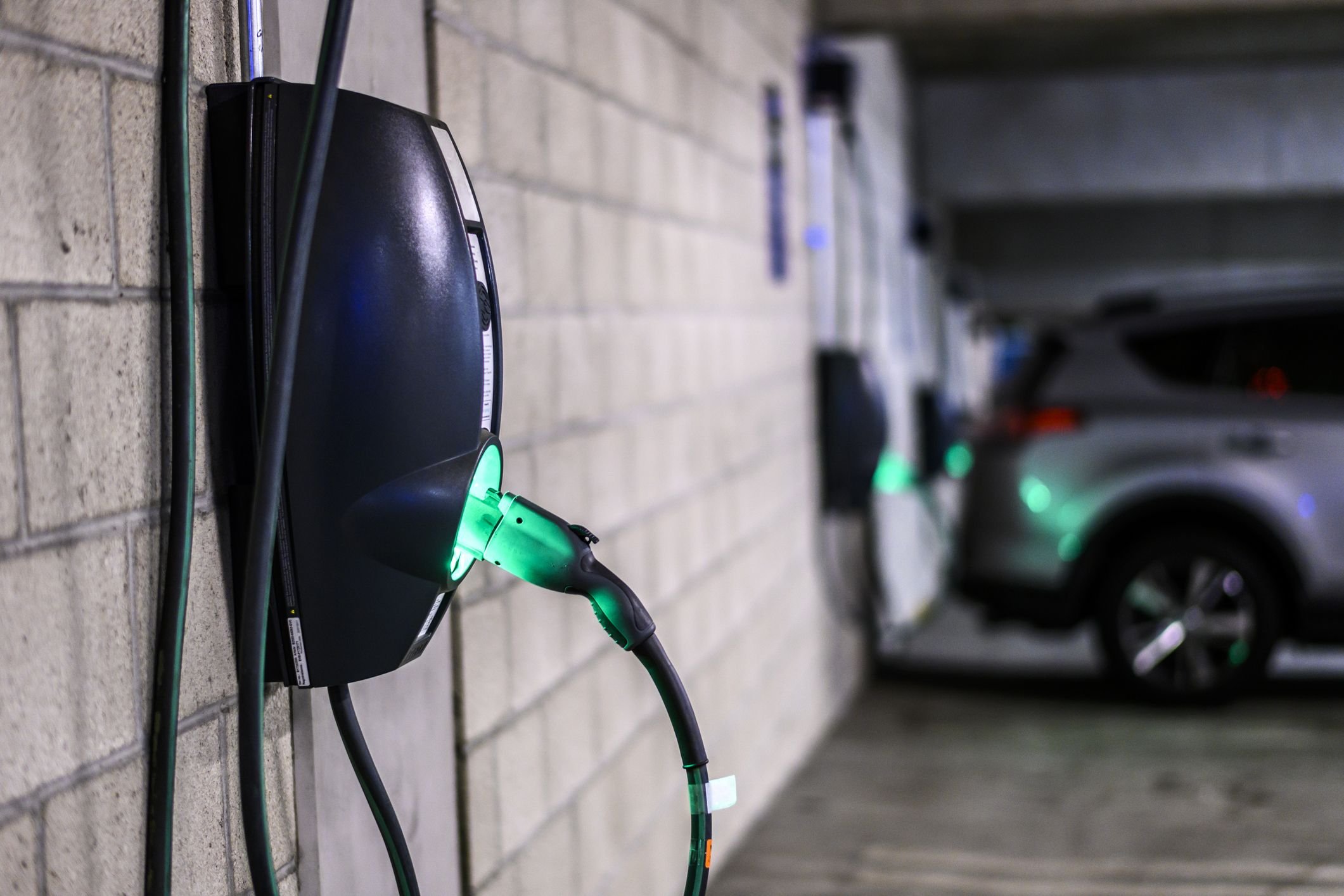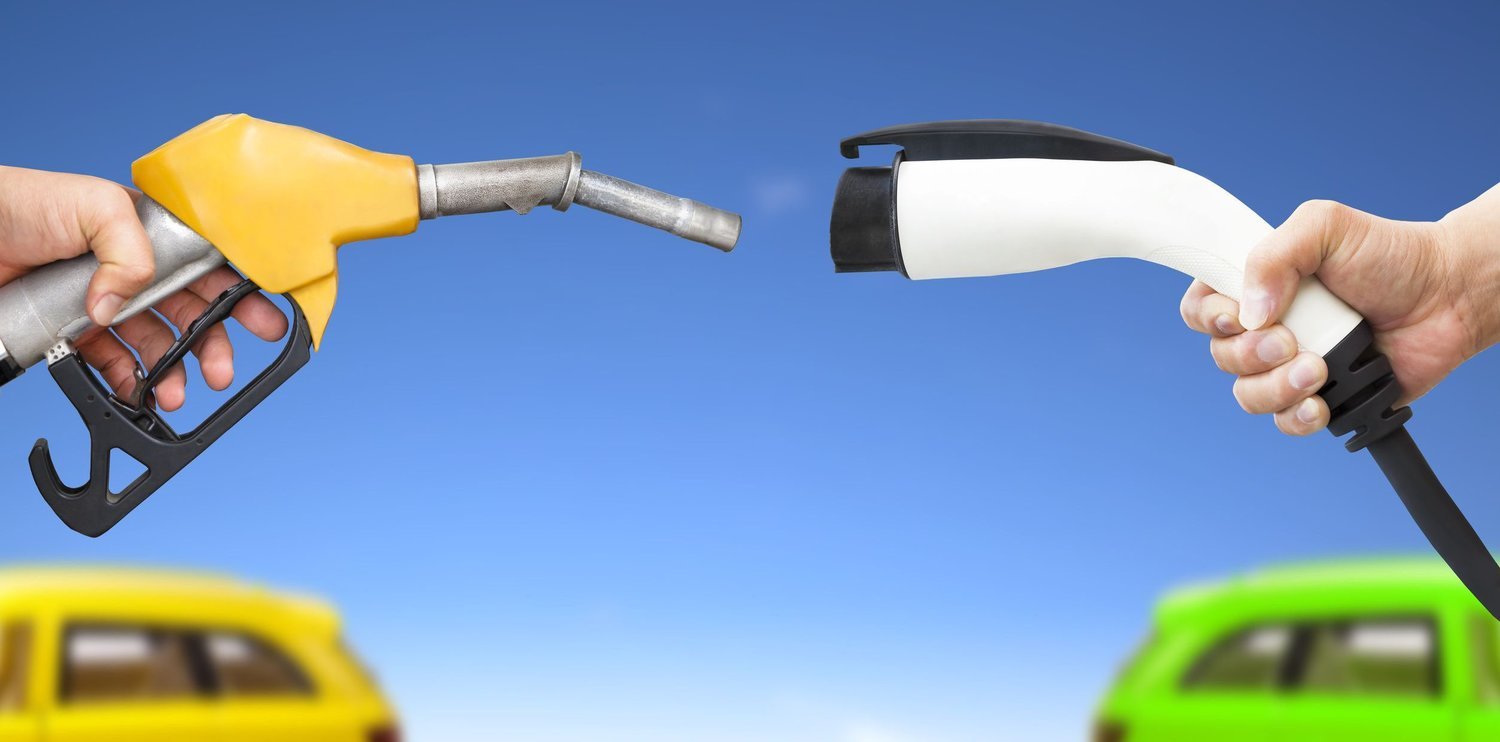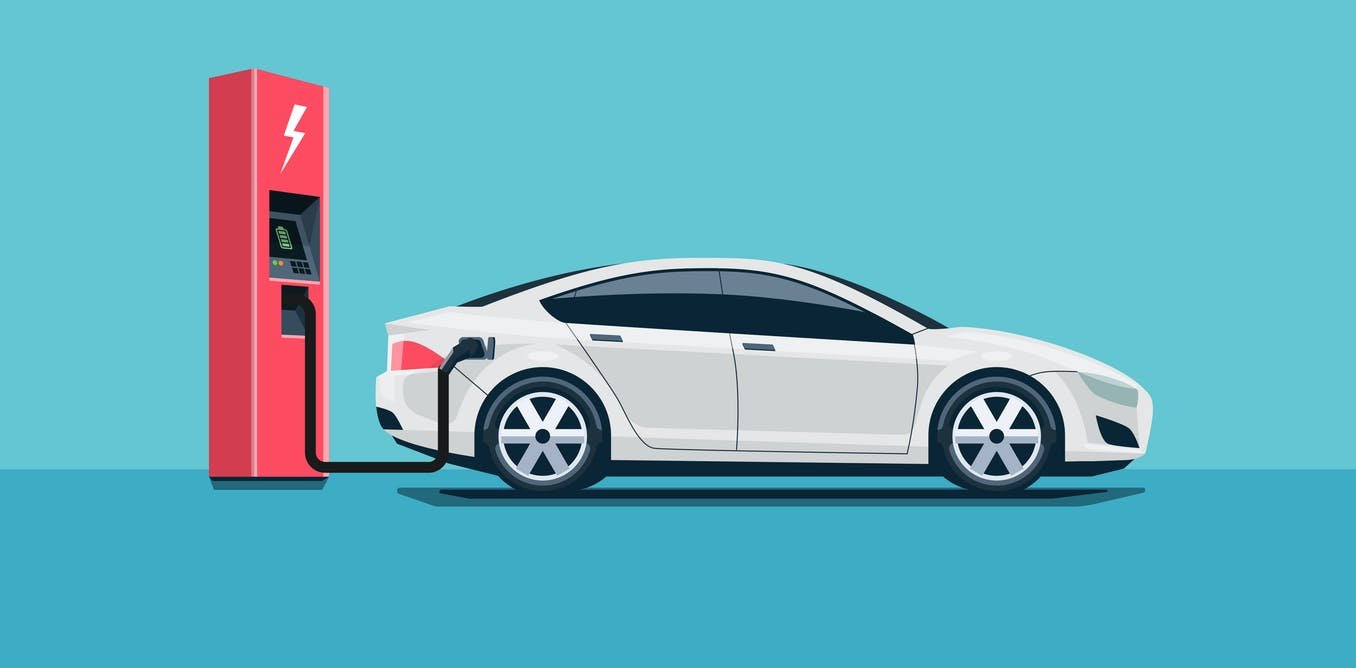What Are The “Real World Fueling” Costs For EVs?
Electric vehicles (EVs) have been touted as the technology of the future, and as automakers around the world start to increase the production of EVs, we may very well see EVs slowly replacing the traditional petrol-powered cars that we have now.
There are plenty of pluses around EVs; with one of their biggest benefits being environmentally friendly. This has been a big enough push to make governments around the world really sit up and take notice, with European Union countries making a push to go fully EV by 2050, and certain ASEAN countries also aiming to up their EV production.
Image from: Car and Driver (What Are The “Real World Fueling” Costs For EVs?)
However, if you've been paying attention to the development of EVs long enough, you know that there are endless factors when calculating just how clean or dirty or cheap or expensive they can be.
A recent study from the Anderson Economic Group, titled "Comparison: Real-World Cost of Fueling EVs and ICE Vehicles” has found that it costs more to charge an electric vehicle than it does to keep a traditional petrol-fueled car. The study tries to comprehend the full spectrum of costs associated with making the shift away from a petrol-powered vehicle to an EV.
Basically, this study looks at a few factors which support its claim that EVs have a higher “real world fueling cost”. These include:
The additional costs to powering EVs beyond electricity: cost of a home charger, commercial charging, the EV tax and "deadhead" miles.
EVs cost more to power than gasoline costs to fuel an internal combustion car that gets reasonable gas mileage.
Charging costs vary more widely than petrol prices.
There are significant time costs to finding reliable public chargers.
Image from: Yahoo Finance (What Are The “Real World Fueling” Costs For EVs?)
Due to the company having worked in the auto industry for over 20 years, and given the industry's transition to EVs, Anderson decided to do the studies to assess the likelihood consumers will adopt the cars.
"Part of the strength of the analysis is we're showing the real-world costs that EV drivers face," Anderson said. "You typically have to go to a commercial charger, and commercial charger rates are two, three or four times that of residential charger rates."
Then, there is the time to drive around to find a commercial charger, time that Anderson dubs "deadhead miles." Even charging at home on a Level 1 or Level 2 charger is time-consuming and expensive.
Given all of that, the conclusion is EVs cost more to "fuel" than gasoline cars that get reasonable gas mileage, Anderson said. Using the United States of America as an example of pricing, a mid-priced internal combustion car that gets 33 miles per gallon would cost $8.58 in overall costs to drive 100 miles at $2.81 a gallon, the study found. But a mid-priced EV, such as Chevrolet Bolt, Nissan Leaf or a Tesla Model 3, would cost $12.95 to drive 100 miles in terms of costs that include recharging the vehicle using mostly a commercial charger.
Image from: MIT News (What Are The “Real World Fueling” Costs For EVs?)
On a yearly basis, assuming the mid-priced cars traveled 12,000 miles, it would cost $1,030 to drive an internal combustion car and $1,554 to drive an EV.
For luxury cars that get 26 miles per gallon and use premium gas at $3.25 a gallon, the cost to drive an internal combustion car 100 miles is $12.60. The cost to drive a luxury EV, such as a Taycan, Tesla Model S or X or Jaguar I-Pace, is $15.52 to travel 100 miles. That is using mostly commercial chargers.
"That's apples to apples and includes the extra EV taxes, the commercial charging and the home charging and the allowance of driving to a gas station, which for most Americans is very short compared to driving to a commercial charger for an EV owner," Anderson said.
Image from: New Motion (What Are The “Real World Fueling” Costs For EVs?)
That being said, the study notes this can change with more infrastructure.
Charging the EVs can also be a challenge, especially when the current expectation of petrol stations being so readily available everywhere. For new EV drivers these costs, time constraints and other considerations are often a surprise.
"It's very difficult to charge it up to 100%," Anderson said. "The chargers slow down and the manufacturers warn you not to do it because there is additional burden on the battery system when you get your vehicle above a 90% charge."
That means if the vehicle advertises a range of 240 miles on a full charge, a driver in reality will get considerably less on, say, an 80% charge he said. That means a trip up north could require a few stops at charging stations that can provide an 80% charge in 30 minutes.
To be fair, completely seamless EV charging is still a thing of the future. Changing the world's transportation infrastructure is taking a long time, and it's messy. There are other examples too of broken or otherwise non-working charging stations, or the fact that some people aren't able to charge at home. The "deadhead miles" that Anderson notes should be kept in mind, as the existing infrastructure is just not in place yet to facilitate this.
Image from: The Conversation (What Are The “Real World Fueling” Costs For EVs?)
Ultimately, EVs present hassles that traditional petrol vehicles don't. Still, having the Anderson team framing the debate in a different way from the usual shrilling of how good EVs are will definitely provide a more honest discussion on how challenging it can be for some drivers to charge their electric vehicles, and it’s something important to discuss.
What do you think? Let us know in the comments below!
If the thought of future technology and automotive interest you, you might want to consider exploring a career in automotive, motorsports, and all things related. Check out our various programmes and courses available. At TOC, you’ll be part of one of the best automotive colleges in Malaysia that provides you with the education pathway you need to turn your dream into reality!
If you’d like to know more about the automotive industry or if you’re still unsure whether it would be a good fit for you, don’t hesitate to have a chat with our automotive course counsellors, who would be happy to help you out!





